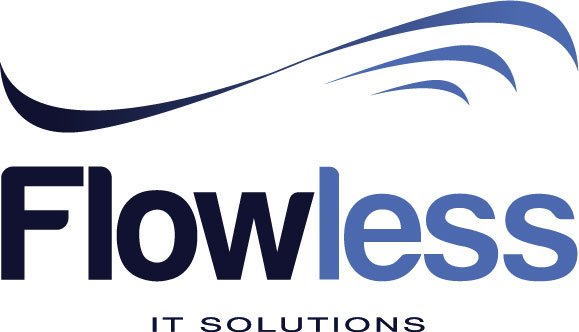Muri means unreasonableness in Japanese. It is overburdening your machines and employees wherein you are placing them under unwanted stress because of demands, which are very often unreasonable and pointless. Muri is one of the three wastes in lean manufacturing—Muri, Mura and Muda. Muda is all about the 7 lean wastes, which are Overproduction, Inventory, Waiting, Motion, Transportation, Rework and Over Processing and Muri (Overburden) is one lean waste that creates most of the non-value adding phases of Muda.
Examples of Muri:
• Unclear instructions
• Unreliable processes
• Lack of correct equipment and tools
• Poor workplace location
• Work mismatch (working on process you did not train for)
• Fluctuating demand
• Poor maintenance/defective equipment
• Bad communication directions
It is evident in the examples given that Muri produces waste and a horde of problems in both service and manufacturing companies, which eventually lead to more complications, and wastes within processes. Lean practitioners sometimes fail to discuss these areas and rather concentrate on the improvement of the timetable taken to perform single steps in a certain process through moving things around. Afterwards, they will claim savings but the truth is that what they did just made the machine and the operators to do the work for no realistic benefits on the process at all. To avoid Muri, make sure that operators are working through the processes efficiently with low stress levels.
To Reduce Muri
There are a number of lean industrial tools that are designed specifically for the reduction of Muri in manufacturing processes. This has to be given focus and common sense should be applied because is not a stiff approach—it is all about doing what’s best for the customers and workers. Below are few lean tools that can help reduce Muri:
Standardization
5S (or Seiso, Seiton, Seiketsu, Seiri and Shitsuke) which is a lean tool begins with standardization. Your manufacturing processes should be fully documented and all workers should be well trained and are fit to work so that they can give their best in doing their work easily. SOPs allow ease of communication in the workplace and things are done in the best way. The operators can have simple instructions using cameras or word processing sets to guarantee that all of them are engaged in the working process. SOPs need to cover every single aspect of work from machines through delivery and billing.
Total Productive Maintenance (TPM)
This lean tool can help reduce waste like Muri when implemented well. Well-planned maintenance program that can be utilized in the workplace ensures that disruptions regarding equipment are minimized.
Jidoka
Jidoka is also known as Autonomation. This lean tool lets you trust your machine’s output. It works like poka-yoke devices, which makes manufacturing process, empowered. It avoids waste because things are corrected easily.
There is a necessity to eliminate Muri because it adds and contributes a lot to Muda, which will result to low productivity. Inefficiencies and stress on workers and machines will cost too much money. Money and effort is better saved when Muri is removed or reduced. Minimal waste can benefit companies’ additional profit.
— Slimane Zouggari
